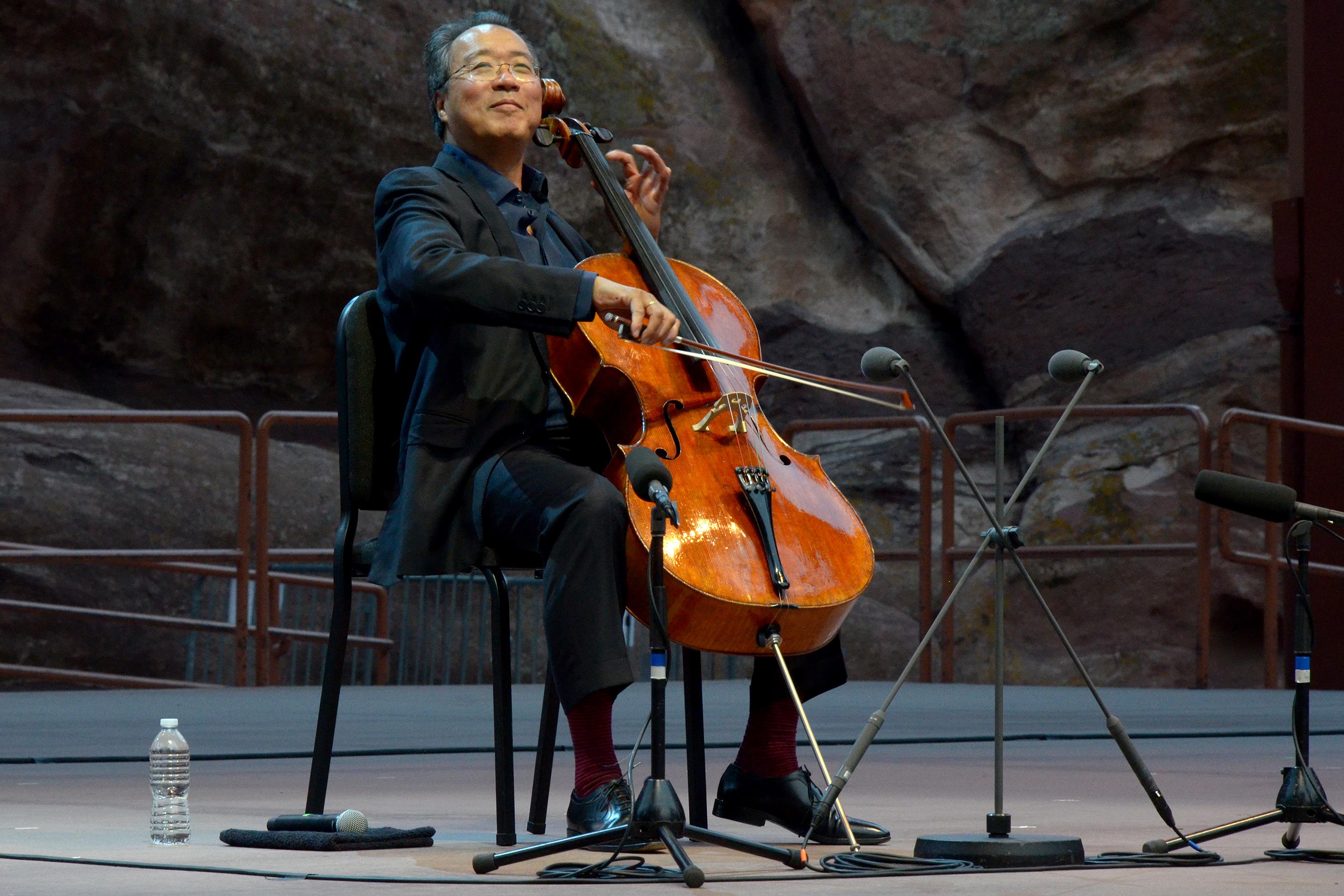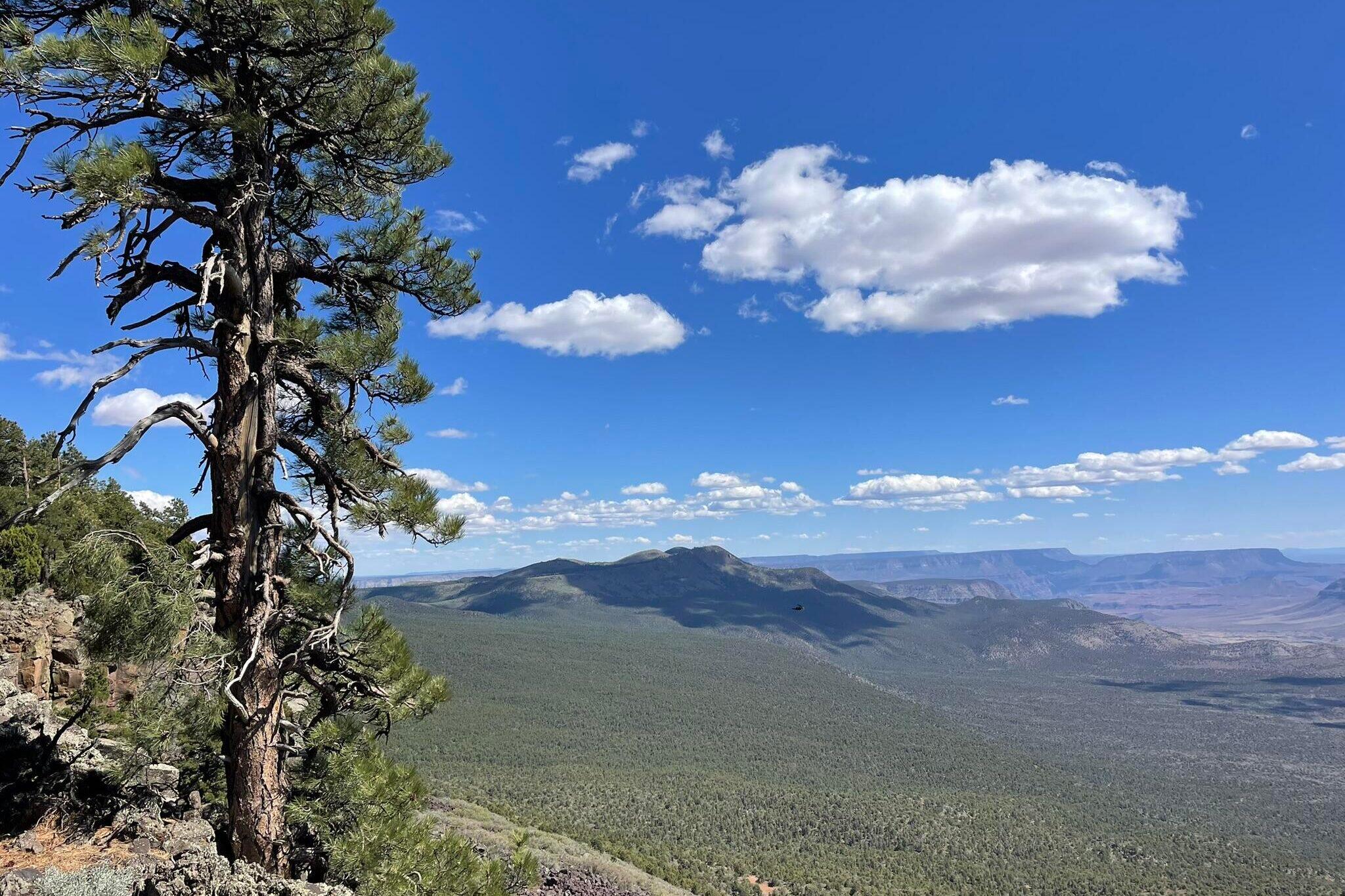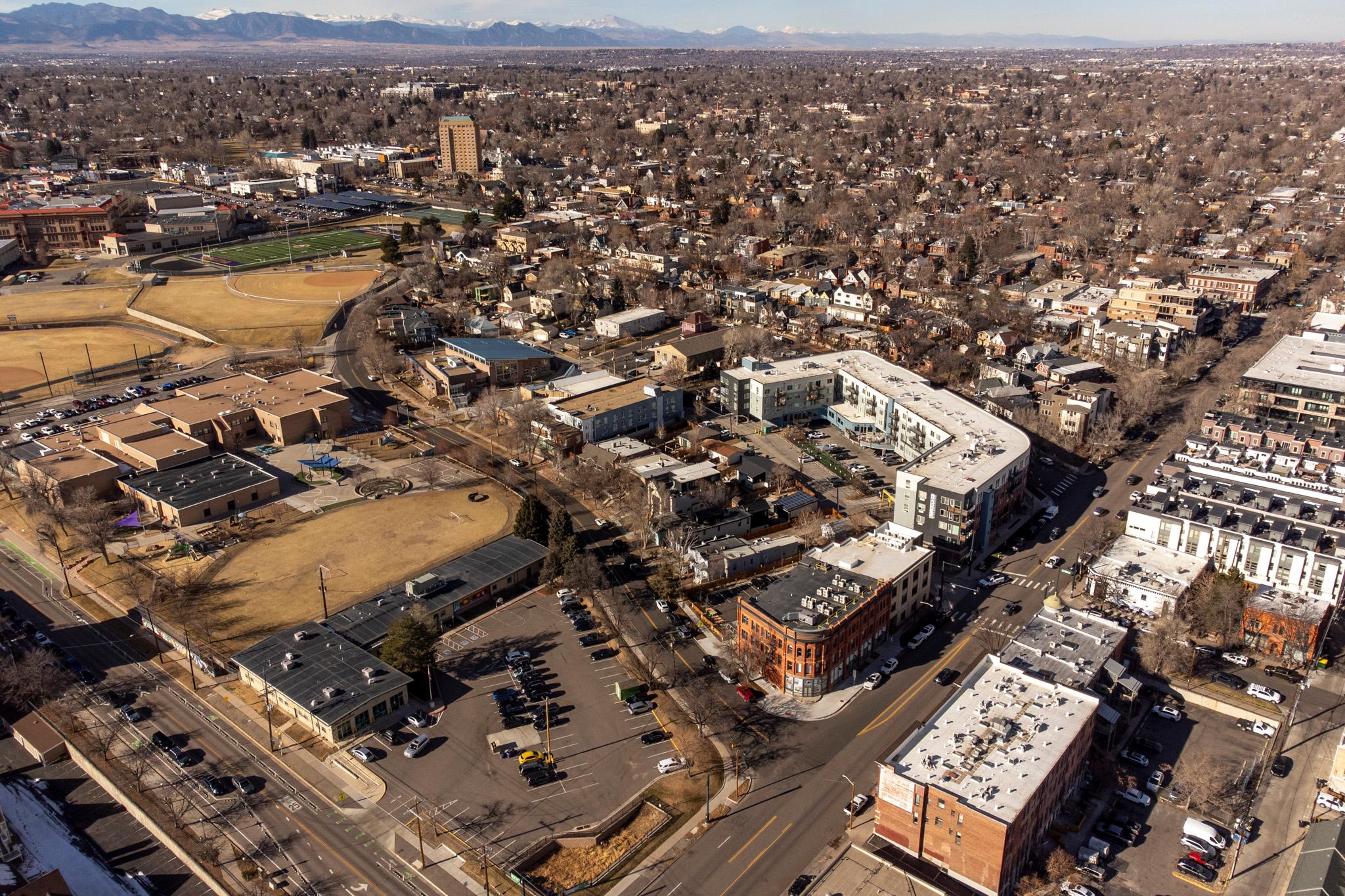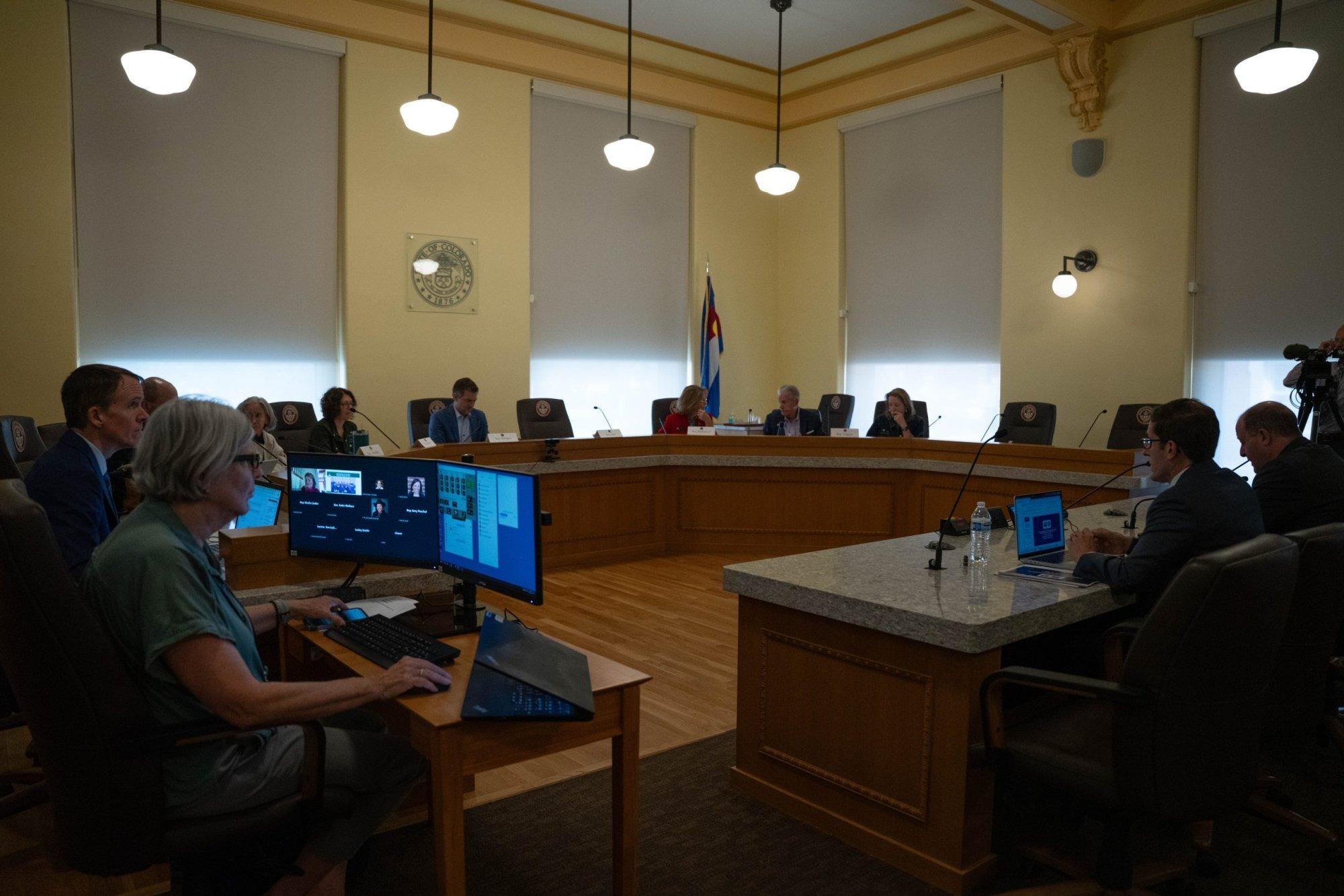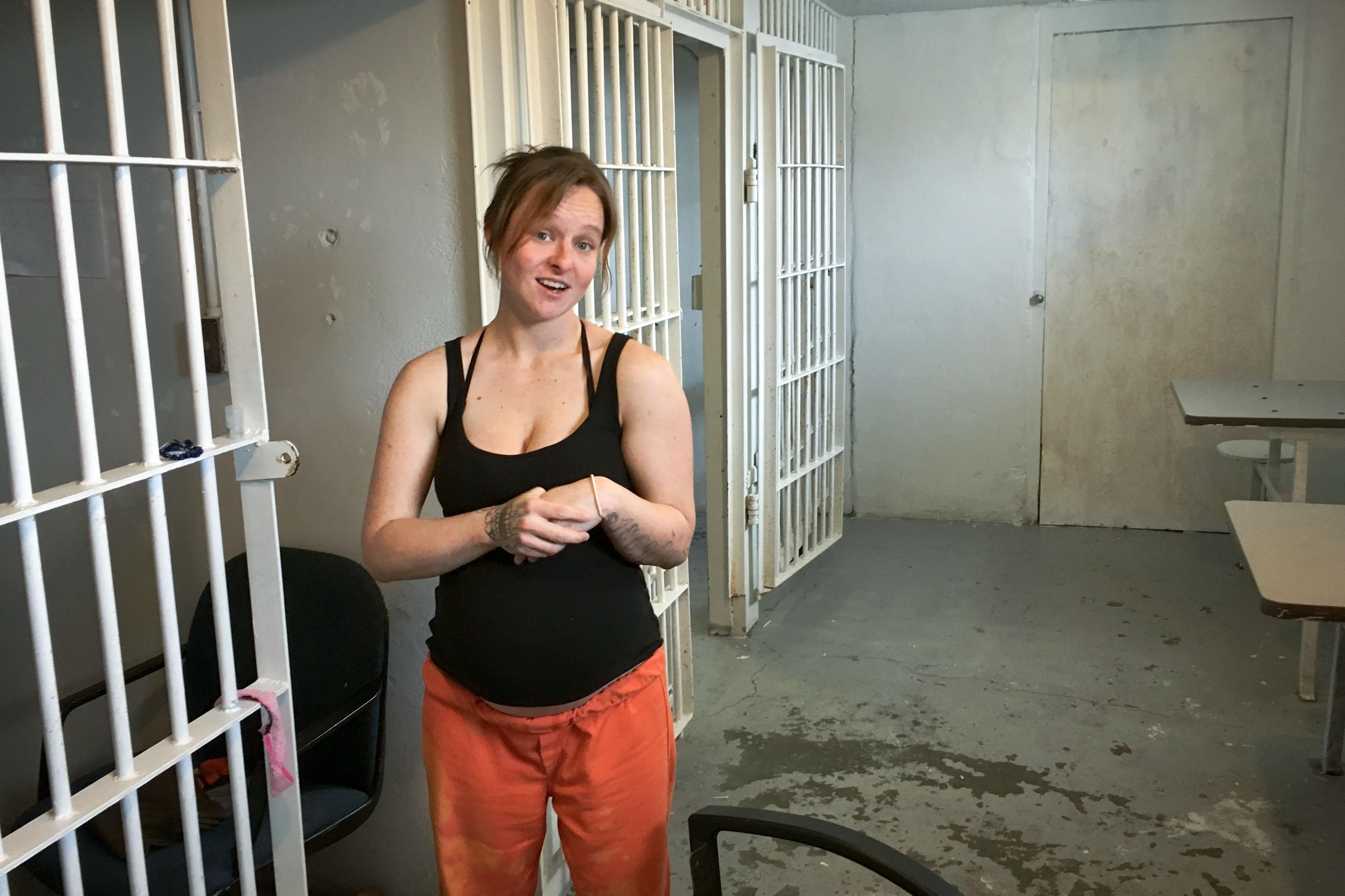

Jails around the San Luis Valley are packed with people — most of them aren’t serving sentences, they just can’t afford to post a cash bail.
As state and local officials grapple with a jail overcrowding crisis across the state, some advocates are urging state judges to be more liberal about letting pre-trial defendants leave jail without paying a cash bond, particularly if they are not considered dangerous to themselves or others.
“We’ve heard a lot of complaints, frankly from rural jailers, that their jails are overcrowded or that they have 80 percent pre-trial detainees, many of whom have misdemeanors that don’t belong there,” said Rebecca Wallace, a lawyer at the American Civil Liberties Union. “They’re no danger to themselves or to anyone else.”
Judges struggling with these issues worry about getting rid of bail completely — saying it’s the only stick they have to make sure someone returns to court.
“The only tool that judge has to protect the community is to set the bond so high, in terms of a monetary bond, that the person can’t post it, the person can’t get out,” said Judge Carlos Samour, the chief judge in Arapahoe County and a leader of a blue ribbon commission studying bond reform statewide. “If you give judges a hammer as the only tool, then that’s the only tool they’re going to use.”

On a recent day in the Costilla County Jail, in the heart of the state’s impoverished San Luis Valley, 12 people were locked up and only two of those were serving sentences. The remaining 10 were unable to pay their bonds.
That included people like Ashley Butler.
Butler originally had a driving ticket. She didn’t show up for court a few times and then falsely reported who she was to a police officer. She was picked up on a warrant by Undersheriff Ricky Rodriguez and her bail was set at $1,200. Mostly, officers say, because she had a handful of missed court appearances.
No one was around to help her.
“All of my family is in prison or dead,” said Butler, while breathing through contractions. “So I’m here.”
Butler was seven and a half months pregnant and the baby appeared to be coming early, though she hadn’t seen a doctor since she had been first jailed two weeks earlier.
She said she didn’t have transportation to court and that’s why she missed some court dates. Butler is also extremely poor, she hauled wood for a rustic wood company until her pregnancy was far enough along that she had to stop.

This story isn’t unusual, said Costilla County Undersheriff Ricky Rodriguez.
“We’ve had people in here on a $250 bond and they just can’t post a bond because they just don’t have the money,” he said. “Some of them have told us that they get a check once a month for about $700 so they just can’t bond out.”
The problem is worse in rural areas because courts don’t meet every day so someone can stay in jail, without any charges, for more than a week to see a judge.
Also, Rodriguez and other rural deputies say bail bonds people don’t often travel to really remote places to guarantee a bond — particularly if it’s really low — because it’s not worth their time.
Statewide, between 55-60 percent of people incarcerated haven’t been convicted of anything, according to numbers from the Vera Institute of Justice and the American Civil Liberties Union.
Studies have shown cash bond is not as effective in getting people back to court as text message or email reminders.
“You know, mom putting down $100 and signing over the title of her car is not going to change your mind one way or another,” said Amanda Hopkins, a public defender in the San Luis Valley. “There are other reasons you’re not going to show up to court.”
Judges have implemented bond reform across the country. This was sparked, in part, by a Fifth Circuit decision out of Harris County, Texas that found holding people in jail, pre-trial, when they can’t afford to get out violates their constitutional rights.
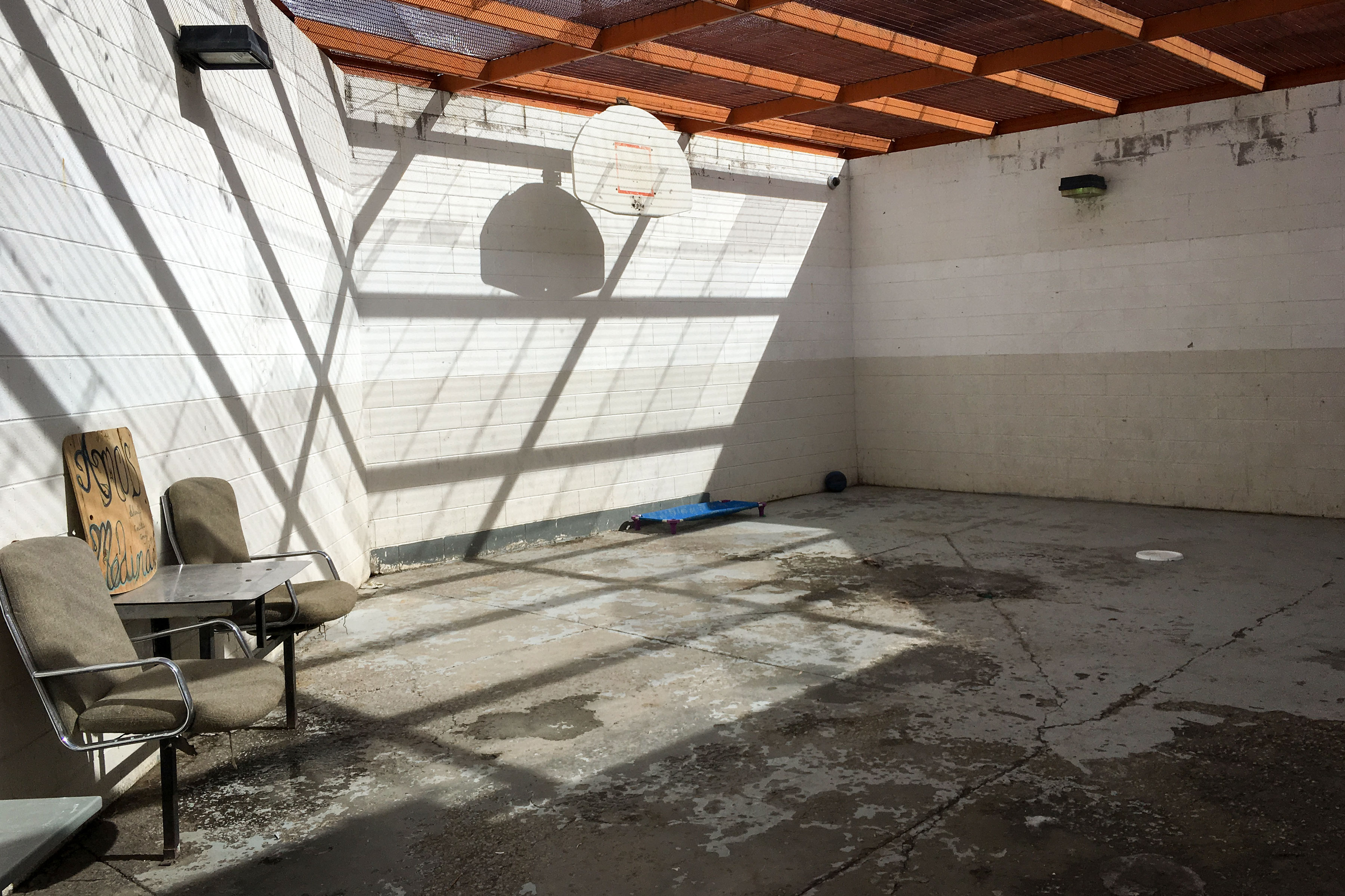
In New Jersey and the District of Columbia, most criminal defendants are let go without having to pay anything as long as they meet certain agreements. In Colorado, several municipal judges, including in Aurora, Northglenn and Boulder, rarely hold people in jail under cash bonds.
But that’s not happening everywhere.
Costilla County’s Judge Kimberly Wood didn’t respond to multiple requests for comment for the story about considerations she takes in setting cash bonds.
In the meantime, Butler was finally released from jail a full month later. A public defender argued to a judge that she needed to be let out to see her doctor.

